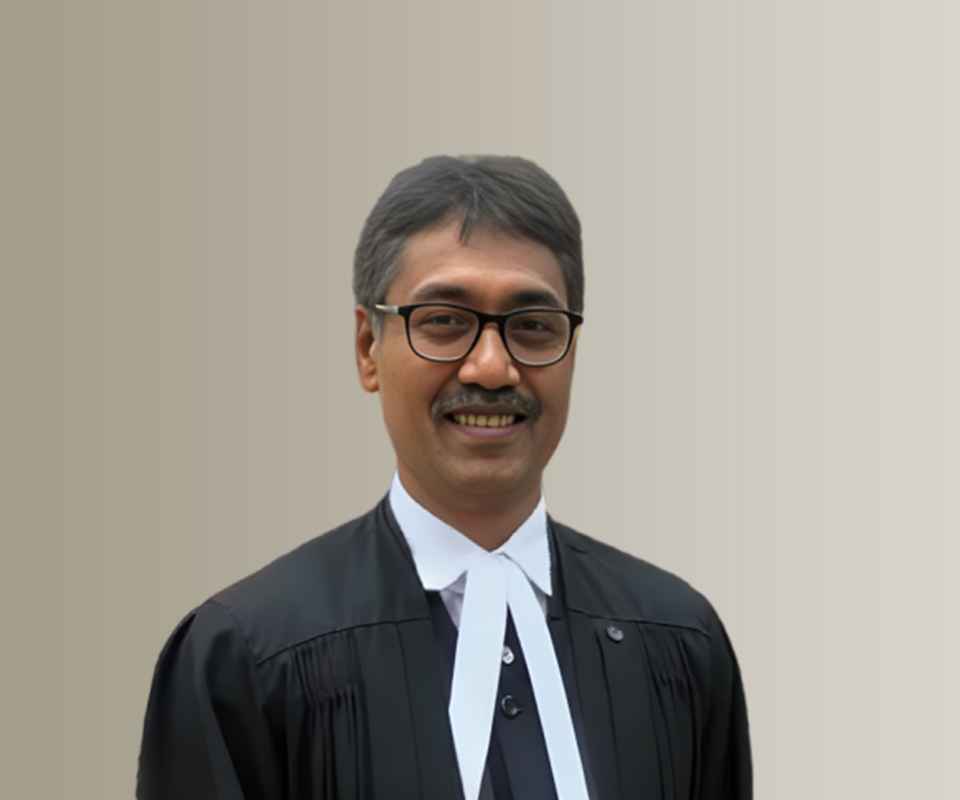Answer By law4u team
Bharatiya Nagarik Suraksha Sanhita, 2023 - Section 175: Police officer's power to investigate cognizable case
(1) Any officer in charge of a police station may, without the order of a Magistrate, investigate any cognizable case which a Court having jurisdiction over the local area within the limits of such station would have power to inquire into or try under the provisions of Chapter XIV:
Provided that considering the nature and gravity of the offence, the Superintendent of Police may either himself investigate or require the Deputy Superintendent of Police to investigate the offence.
(2) No proceeding of a police officer in any such case shall at any stage be called in question on the ground that the case was one which such officer was not empowered under this section to investigate.
(3) Any Judicial Magistrate empowered under section 210 may, after considering the application made under clause (b) of sub-section (4) of section 173 and submission made in this regard by the police officer, order such an investigation as above-mentioned.
(4) Any Judicial Magistrate empowered under section 210, may upon receiving a complaint against a public servant arising in course of the discharge of his official duties, take cognizance, subject to—
- (a) receiving a report containing facts and circumstances of the incident from the officer superior to him; and
- (b) after consideration of the assertions made by the public servant as to the situation that led to the incident so alleged.
Brefe Detail
Section 175 of the Bharatiya Nagarik Suraksha Sanhita, 2023, outlines the powers of police officers to investigate cognizable cases. It specifies that officers in charge of a police station can investigate without a Magistrate's order and details the involvement of the Superintendent of Police and Judicial Magistrates in the investigative process.
Question & Answers
Q1: What power does an officer in charge of a police station have regarding cognizable cases?
A1: An officer in charge can investigate any cognizable case without a Magistrate's order.
Q2: Who may investigate the offence if the Superintendent of Police is involved?
A2: The Superintendent of Police may investigate himself or require the Deputy Superintendent of Police to do so.
Q3: Can a police officer's investigation be questioned at any stage?
A3: No, the proceedings of a police officer cannot be called into question on the grounds of lack of power to investigate.
Q4: Under what conditions can a Judicial Magistrate order an investigation?
A4: A Judicial Magistrate can order an investigation after considering an application and submissions from the police officer.
Q5: What is required for a Judicial Magistrate to take cognizance of a complaint against a public servant?
A5: The Magistrate must receive a report from a superior officer and consider the public servant's assertions regarding the incident.
Example
- If a police officer receives information about a cognizable offence such as theft, he can begin the investigation without needing a Magistrate's approval.
- If the Superintendent of Police determines that a case requires special attention, he may take over the investigation personally or assign it to the Deputy Superintendent of Police.
- A complaint against a public servant regarding misconduct in official duties can lead to an investigation, provided it follows the proper reporting procedures to a superior officer.
Summary
Section 175 empowers police officers in charge of a station to investigate cognizable cases without a Magistrate's order. It emphasizes the role of the Superintendent of Police in deciding the investigation's management and outlines the procedures for Judicial Magistrates when handling complaints against public servants.







